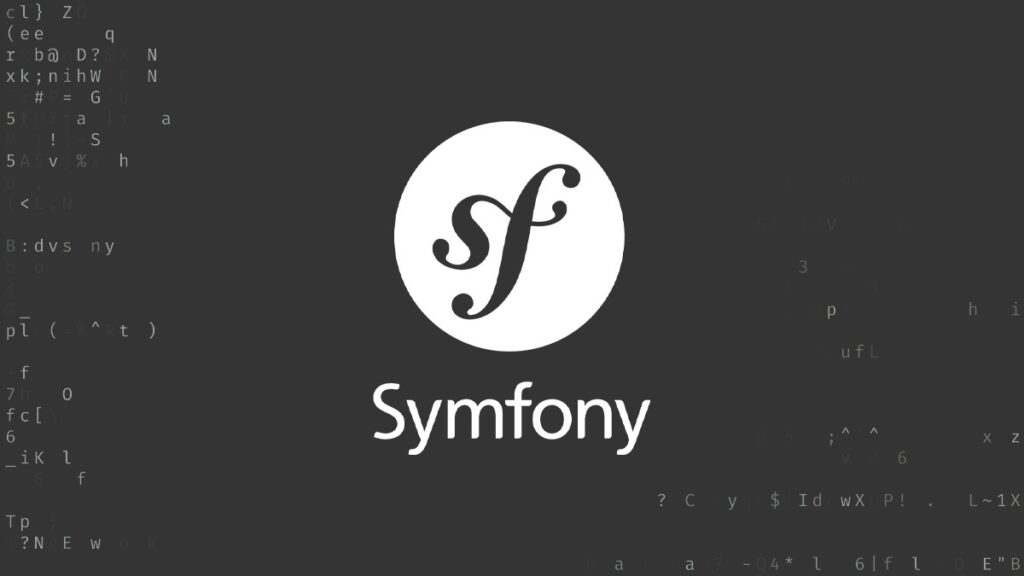Symfony is one of those frameworks that, being based on PHP, is very popular and appreciated by developers all over the world. The reason why it is used so often as a programming tool is… quite trivial. It reduces the time necessary to write software without the need to incur large costs. The fact that it is available as open-source is also an important advantage.
Why use Symfony?
Contents
The Symfony framework is a tool that not only “in theory” improves the performance of your application, but also brings tangible, real benefits to the code development process.
The first such benefit is of course the speed of this hardware platform, which is a direct result of its fully optimised structure. What is important – the effectiveness of working with the framework does not result only from its subsequent upgrades but is the effect of such, and not a different structure of the tool. After all, from the very beginning, it was designed as an application for PHP programmers. Another benefit of using Symfony is its flexibility, which means that it can be customized (using the Event Dispatcher application) according to the user’s needs.
The modular structure is another benefit that comes from using this application. Its individual components are just other plugins that can be installed or removed depending on your needs. What is important – thanks to the Open Source licence, these modules can be modified in any way. This means even more possibilities to extend this application and adjust it to your own business.
How Does it work in Practice?
Symfony is a PHP Framework that aims to create and optimise applications for business use. This tool works mainly based on three basic mechanisms:
– Full Stack – is a way of designing and creating complex applications with many available features.
– Brick by Brick – is the “philosophy” on which the whole framework is based. Each of these “cubes” is a single plugin, which – in combination with other plugins – can create a functional utility.
– Microframework – is a principle according to which you can use the framework also in very narrow projects, without having to optimize the whole code to the needs of a new platform.
Efficient Support is the Essence of Symfony
What makes this extraordinary project so special is the constant support it receives from SensioLabs. It is, of course, the active community which, being created within the project, consists exclusively of experienced developers. This means that the Symfony framework will simply keep on growing and evolving. What’s more, each update is subjected to advanced testing so that its impact on the overall performance of the platform can be easily tracked.
The possibility of constant extension of the framework results first of all from its “openness”. You could even say that it is its most important feature and main advantage. Symfony would never have been so successful if it wasn’t for its specific and innovative structure. It is not a closed code, released only under a typical license, but a fully editable and complex project with constantly growing development possibilities.
Memory Management
Speaking of Symfony, we can’t forget about caching management. By the way – thanks to implemented MySQL databases – the execution of specific instructions is fast and without any problems. What is more – the framework also uses the technology of caching fragments of the page, thanks to which the number of active queries to the MySQL database decreases dramatically (which translates into the efficiency of the application). In this way, you can easily design, for example, a tool to create comments on a blog, organize a shopping cart in e-commerce, etc.
To sum up, Symfony is a very interesting tool with almost unlimited, constantly developed possibilities.

